Monty Python’s Life of Brian, The Human Centipede, Borat, Cannibal Holocaust and South Park: Bigger, Longer, Uncut – all films considered extremely offensive. At least by some people. There’s everything from mocking religion, gory death and songs chock full of swearwords in that list and a wide spectrum of quality and artistic merit. Indeed, one of my all-time favourite films is on that list (to be clear, it’s Life of Brian). In these polarised times it can seem that everything has some scandal attached to it, but is this true?
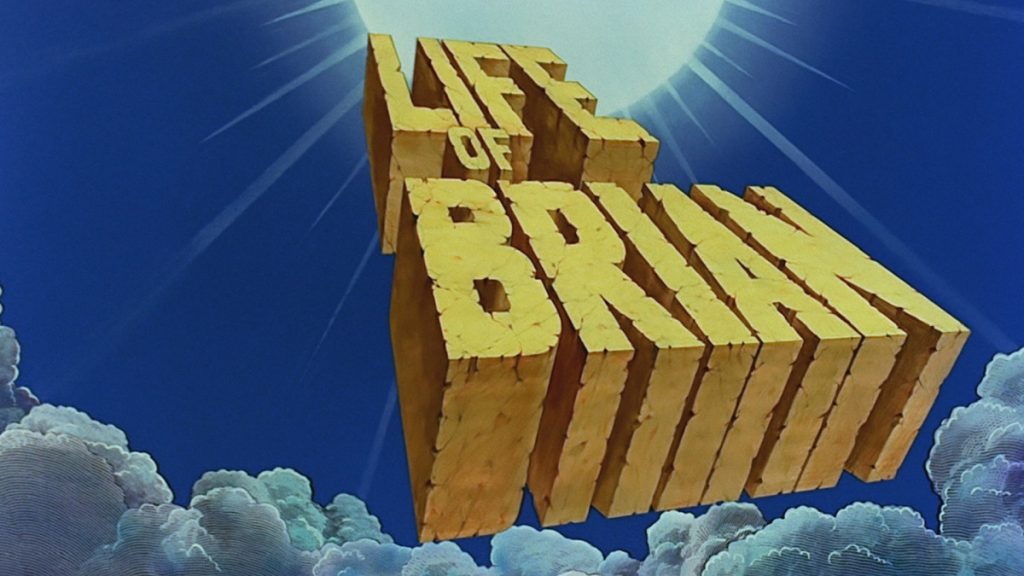
There is an attitude that people are more easily offended these days than in the past, that once upon a time people believed in freedom of speech, a time before PC culture ruined everyone’s fun. I don’t really believe such a time ever existed, when Life of Brian was released there were protests up and down the country and The Exorcist saw queuing audiences splashed with holy water. I think nowadays people would be quite surprised that these films caused such an uproar.
There are too many issues of what is offensive to deal with them all in just one article, but an issue that has been in the news recently is “whitewashing” in which roles which either from real-life inspiration or original source material were people of colour but for the film release either played by white people pretending to be that race or had the race changed to suit the actor. The titanic cultural institution of The Simpsons was caught up in this; the character Apu is an immigrant from India but is played by the white actor, Hank Azaria. Apu, especially at the beginning of The Simpsons, is very much a stereotype of an Indian person. To make matters worse, Azaria has said part of the inspiration for Apu’s way of speaking came from an Indian character in the film The Party, who was played by Peter Sellers, a white person. The comedian Hari Kondabolu made the film The Problem Of Apu about this issue, Kondabolu an American whose parent emigrated from India to America and despite his great love of The Simpsons, he remembers many childhood insults based around the character of Apu. Another complication is that The Simpsons’ longevity means that when the show started very few people saw this as an issue.
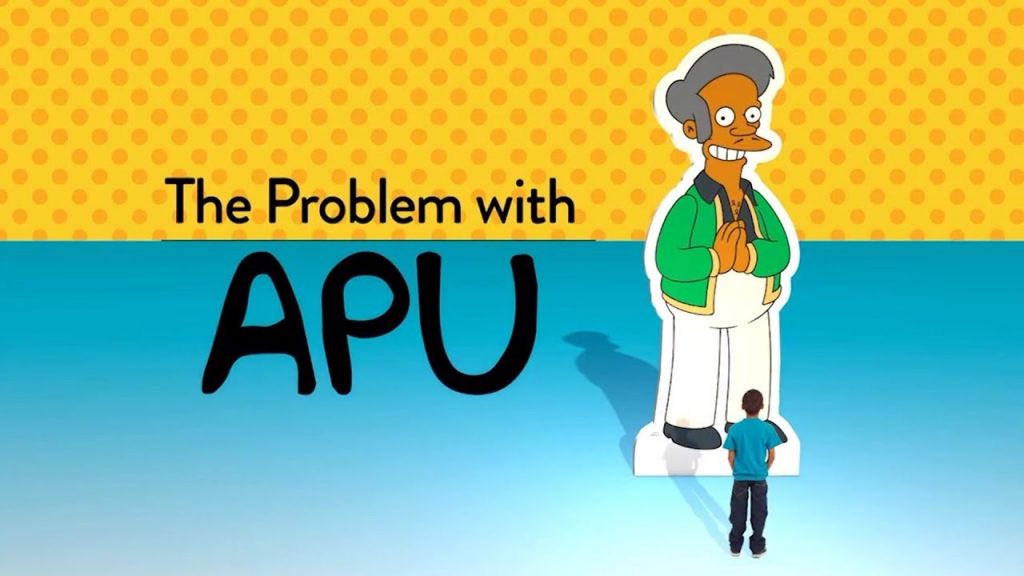
Something very much caught up with this is social media. When people were offended by something in the past they had few options, a letter to the creators was usually the best they could do. In modern times it is relatively easy to mobilise literally millions of people with social media. While this can allow disparate individuals to help unite for a cause social media has never been a medium for careful and considered reflection and sometimes well-meaning groups have unleashed unpleasant forces. Jon Ronson’s brilliant book So You’ve Been Publicly Shamed goes into various Twitter-fuelled examples of this.
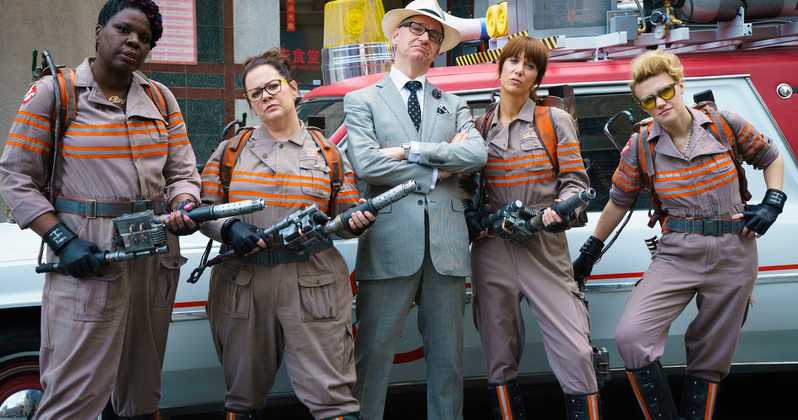
There is a perception that the people being so easily offended are all on the left, politically speaking. They are offended by sexism and racism, issues of representation and more but there are millions of people who while might not describe themselves “offended” their behaviour suggests that they are. Whether it’s the audacity to remake Ghostbusters with female stars, or the fact Damien Chazelle didn’t specifically show Neil Armstrong planting the flag in First Man, they are terribly upset with a lot of films. The remade Ghostbusters is perhaps the best example of this as the cry that the remake was “destroying my childhood” was everywhere. It does seem that all people, not just those of one particular political leaning, are very quick to get upset.
It does seem that right now these issues are particularly strong and that is linked to wider trends in society and politics. To go back to the recent Ghostbusters remake – stating whether or not you liked the film seemed to be making a larger statement about your views on a whole host of issues. Many people who didn’t like it stressed that was because of the failings of the film rather than issues around sexism.
An argument often made is that a culture of people being offended will stifle freedom of expression and any art form will be worse off because of that, however in recent years we’ve seen films like the thoroughly disgusting Brothers Grimsby and Nymphomaniac Vol I and II, which I’m sure needs no further explanation as to what it’s about, and Taika Waititi’s upcoming Jojo Rabbit where Waititi plays Hitler – well, a boy’s imaginary friend version of Hitler – so I don’t think creativity has been stifled.

Despite being the politically left-leaning liberal that I am I don’t think filmmakers should let the idea of other people being offended by their work stop them from making it – filmmakers need to think carefully about their work, its impact on people and potential interpretations but ultimately it’s their decision. However, free speech doesn’t mean you don’t have to deal with the consequences of what you make, that freedom equally applies to criticism.
Unfortunately, there are no simple rules on what is offensive or is so offensive the filmmaker shouldn’t have made the film – the difficult answer is to judge every piece of work and artistic decision individually and in context and then decide for yourself.
Also Read: The Human Centipede: A Love / Hate Story


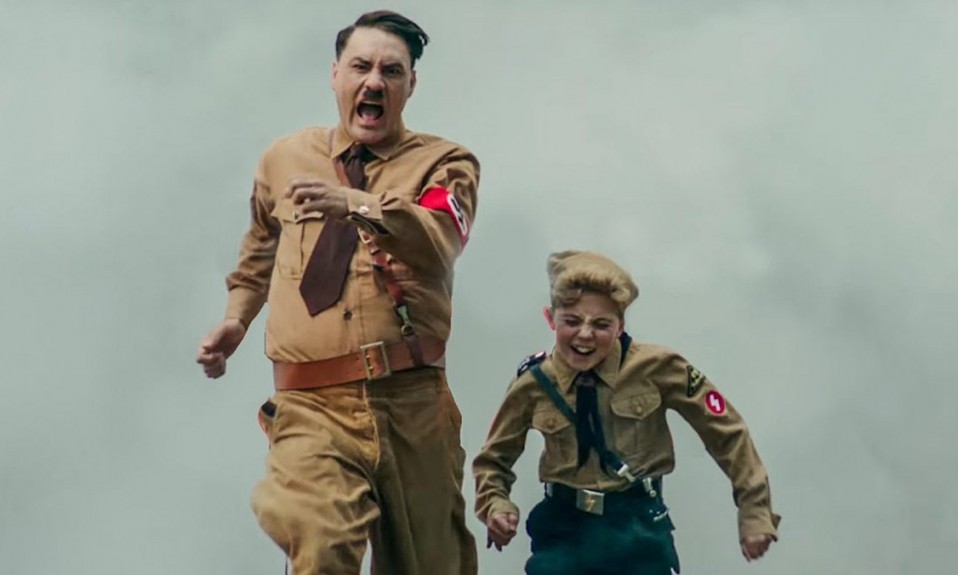


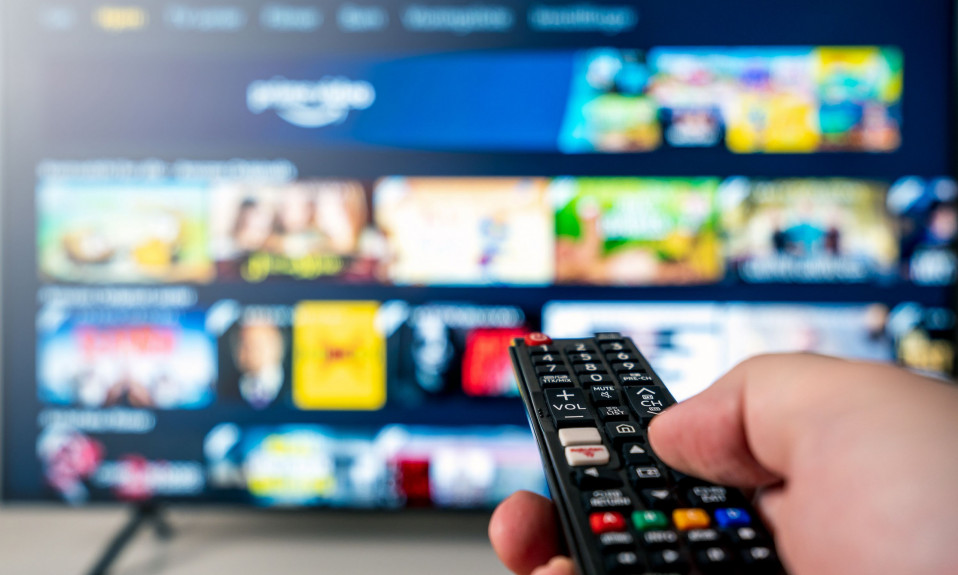






1 Comment
Comments are closed.